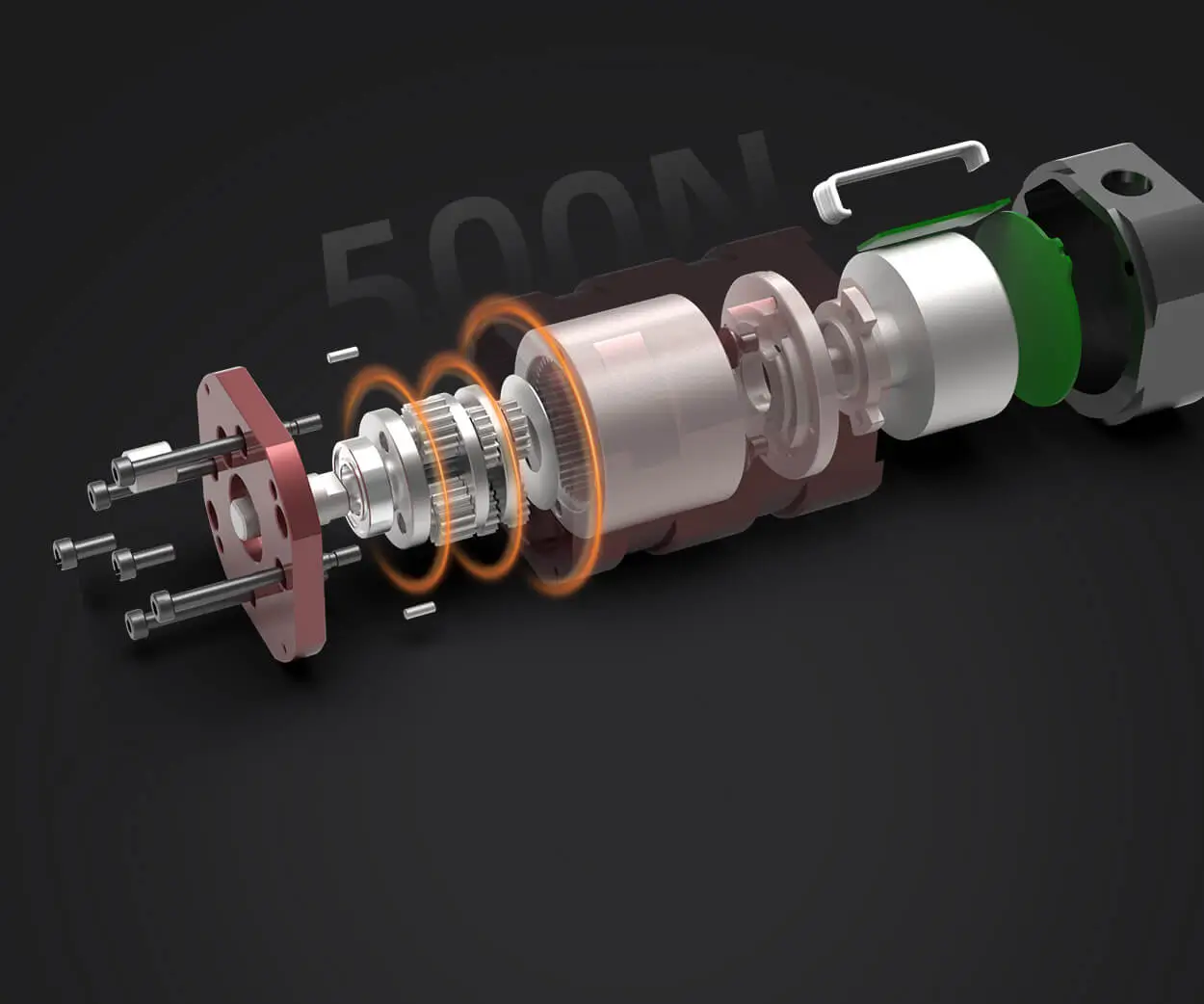Microservices architecture has been a game changer for developers and businesses looking for flexibility and scalability in their applications. In Python, the popularity of this approach has grown rapidly, transforming the way we build and deploy software. But what exactly makes it so attractive, and how can it benefit your projects? Let’s dive into why microservices in Python might be the right choice for you.

At its core, microservices architecture is all about breaking down complex applications into smaller, more manageable services. Each service focuses on a specific business function, making the whole system easier to maintain and scale. With Python, this approach is not only efficient but also seamless due to Python’s simplicity and the availability of frameworks like Flask and FastAPI, which support rapid development of microservices.
You might be wondering: "Why should I choose microservices over a monolithic structure?" Well, think about it this way. In a monolithic application, all the components are tightly coupled, meaning if one part breaks, the whole system can come crashing down. With microservices, on the other hand, each service is independent, so a failure in one won’t bring down the entire system. This leads to better reliability and fault tolerance, which is crucial for modern businesses.
Another huge advantage is the ability to scale services individually. Imagine running an e-commerce site. During peak seasons like Black Friday, the checkout service might need more resources than the product display service. With microservices, you can scale only the checkout service without affecting the rest of your application. This targeted scalability can save both time and money in the long run.
But it's not just about performance. Microservices also make team collaboration easier. Since each team can work on a specific service without interfering with others, the development process becomes more efficient. This is where Python shines. Its clean syntax allows teams to focus on delivering value instead of wrestling with the complexity of the code.
You might also be thinking, “But doesn’t microservices come with its own set of challenges?” It’s true that managing multiple services can be complex. However, with the right tools, such as containerization technologies like Docker and orchestration platforms like Kubernetes, handling microservices in Python becomes much more manageable. These tools help you automate deployment, scaling, and monitoring, turning complexity into a minor issue instead of a roadblock.
Now, consider the long-term impact. Adopting microservices in Python not only improves your current project’s efficiency but also prepares your system for future growth. As your application evolves, new services can be added without disrupting the existing ones. The modular nature of microservices means your app can evolve with less friction, adapting to new business needs or technologies.
So, whether you're looking to improve scalability, boost reliability, or enhance team collaboration, microservices architecture in Python offers a solid foundation for building modern applications. It’s a flexible, powerful way to tackle the challenges of today’s fast-paced development environment.
If you’re ready to take your software development to the next level, embracing microservices could be the key to unlocking the future of your business. The question is, are you ready to make the change?
Established in 2005, Kpower has been dedicated to a professional compact motion unit manufacturer, headquartered in Dongguan, Guangdong Province, China. Leveraging innovations in modular drive technology, Kpower integrates high-performance motors, precision reducers, and multi-protocol control systems to provide efficient and customized smart drive system solutions. Kpower has delivered professional drive system solutions to over 500 enterprise clients globally with products covering various fields such as Smart Home Systems, Automatic Electronics, Robotics, Precision Agriculture, Drones, and Industrial Automation.




































